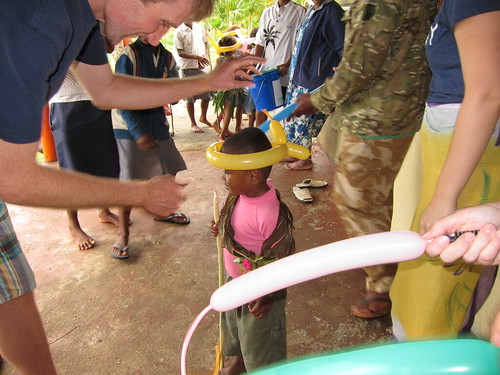Chlorine Water Filter - Is That All You Need?

You know that you need a chlorine water filter, because you can taste it and smell it. But, if a facility uses chloramines to disinfect (or any other method of disinfection) there are other chemicals in your tap water that you cannot see, smell or taste. In addition, public disinfection methods are fairly effective, but there are some microbes that are resistant to them. So, here's what you should actually be looking for.
When chemicals or other measures are taken to kill bacteria, such as e.coli, byproducts commonly referred to as THMs are formed. Researchers have been concerned about our exposure to these chemicals for quite some time. Only recently have we learned that the amount we are normally exposed to in our homes greatly increases our lifetime risk of cancer.
If you need a chlorine water filter, you also need one that removes THMs. The department store varieties (PUR & Brita for examples) do not remove THMs. Public facilities have a maximum contaminant level or (MCL) that they must try to maintain. But the MCLs were created a long time ago...long before any studies were completed comparing the number of cancer cases among people with chlorinated tap-water to the number of cases among people with private wells, requiring no chlorination.
When you look at the studies, you see different results reported by different research groups. How much does THM exposure increase your risk of cancer? Anywhere from 40-200% are the results reported from various studies.
The average chlorine water filter contains carbon granules that trap the chemical through a process called adsorption. Special resins are required to trap THMs, and most companies don't include them in their basic products.
Here's another question for you to think about. Is THM exposure in the shower a threat?
Regulating agencies still maintain that consuming them, by drinking, is the only threat and that the levels present in most publicly treated supplies are safe. Scientific researchers do not agree. They have measured the amount of the chemicals circulating in the blood stream after drinking a liter of unfiltered tap water, and after a 15 minute shower. The levels were higher after the shower.
You see, they become airborne and we inhale them. They are also absorbed through the skin. So, not only do you need a THM and chlorine water filter for the kitchen tap, you need one for the shower as well.
The microbes that are resistant to public disinfection methods are referred to as cysts. They may be present in any supply at any time, but there are particularly high levels during the warmer months of the year. Actually, that's true of all bacteria.
In order for a home purifier to remove cysts, they must filter down to one micron. The only risk is through consumption; they cause waterborne illnesses similar to food poisoning. So, at least you don't have to worry about them in the shower.
There are other things that you should consider when shopping for a chlorine water filter, but now, at least you know the basics. Visit my website to get more important information.
No comments:
Post a Comment